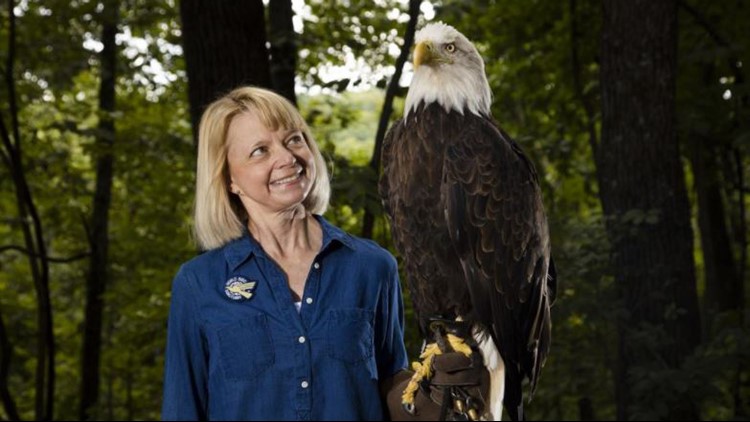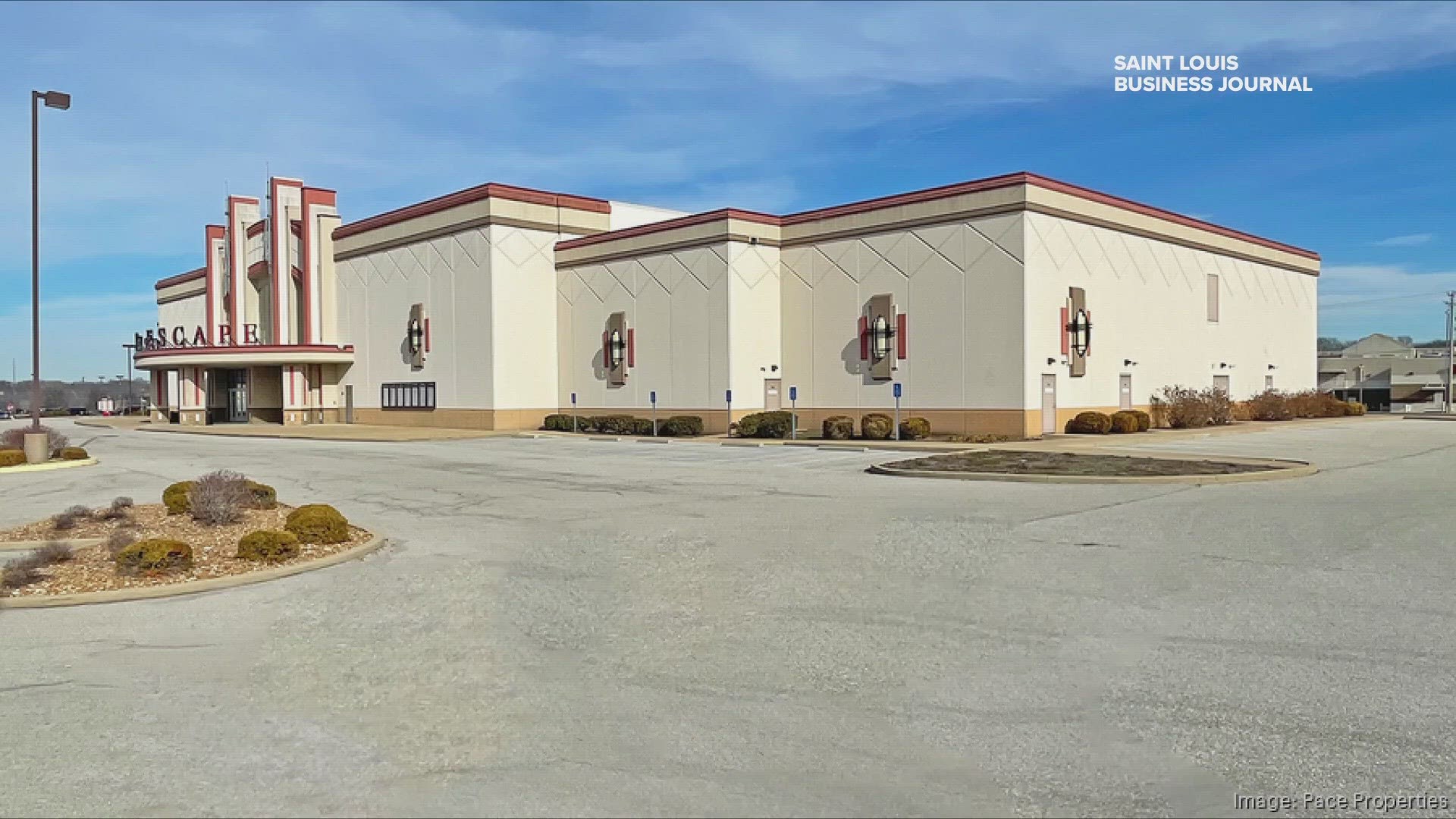ST. LOUIS — For more than 40 years, World Bird Sanctuary in Valley Park has been at the forefront of rehabilitation and research of raptors, or birds of prey.
Dawn Griffard leads the nonprofit organization as executive director and is faced with maintaining superior care of more than 200 raptors with dwindling revenue and employees to keep safe from COVID-19. That’s in addition to the various red-tailed hawks, owls and eagles that come in for emergency care.
“My first thought was to protect my staff and the birds. The birds obviously need care whether there are human problems going on or not. They don’t know any difference,” Griffard said. “We have a lot of staff that live on site. So when I quarantined everybody, they were stuck here. I reached out to our board of directors and said, ‘Hey, folks, our staff is quarantined here, they cannot go out to shop for themselves. They can’t get groceries. Can you please start shopping for them?’ So a handful of our board members started shopping and dropping food at the gate.”
The New York native is taking this time to brainstorm creative ways to keep the public interested and revenue stable. Griffard joined World Bird Sanctuary as a naturalist in 2014 soon after she and her now-husband moved to St. Louis. In 2015, she was named director of marketing before being promoted to her current position in late 2017.
World Bird Sanctuary is far from her first gig with wildlife. Griffard spent six years working for an avian veterinarian and roughly a year with the Buffalo Zoo before she moved here.
How do you keep up with your mission during COVID-19? We started doing virtual programming. Our main income source is our education programs, so we started selling virtual programming and that went over very well because everybody wanted to keep the kids busy. I was driving home one day, and I was like, you know, people would be safe in their cars. It would be great to do a drive-in show, right? We can do a drive-thru sanctuary. We got a lot of people that we wouldn’t normally get because they could stay in their cars. We made sure the naturalist and the birds were 8 feet away from the cars and visitors rolled their windows down. Some of the kids were standing up with their heads out the sunroof. It was great and it did a lot for morale of everybody here because they were talking about raptors again and the raptors were seeing people again, and the visitors were excited. We’re requesting an $8 donation at the gate, and people don’t have to give it but the majority of them are really saving us right now.
Are the raptors excited to see guests? I believe so. Our raptors are conditioned to be around people. A wild bird would not react this way. But a lot of our raptors are hand raised. We’ve had them since they were babies or they were injured. We don’t pet them on a regular basis or cuddle them or anything, but they’re used to human interaction. When you walk down the display line of our enclosures, the raptors will come to you. Especially the vultures who are very curious about people. Vultures are very intelligent. You can actually see them looking at you from head to toe. Some of them couldn’t care less about you, and some of them just absolutely love the attention. I think the more intelligent the raptor, the more interested they are in interaction, and it’s a type of enrichment for them.
You’re originally from New York. How do the conservation efforts between Missouri and New York differ? The state parks are beautiful here. Not to say that New York’s aren’t, but they really do it right in Missouri. I was very impressed. We really work on the same level because we all work through the United States Fish and Wildlife Service. When it comes to rehabilitation and working toward raptor conservation, we’re all working together. And we do a lot of trading and purchasing within zoos, too. So for instance, we have an Egyptian vulture, which is a very endangered species, on loan to the San Diego Zoo Safari Park right now. They have two females that he could pair well with. The majority of the organizations and zoos in the United States look to us for raptor information.
Click here for the full interview.



